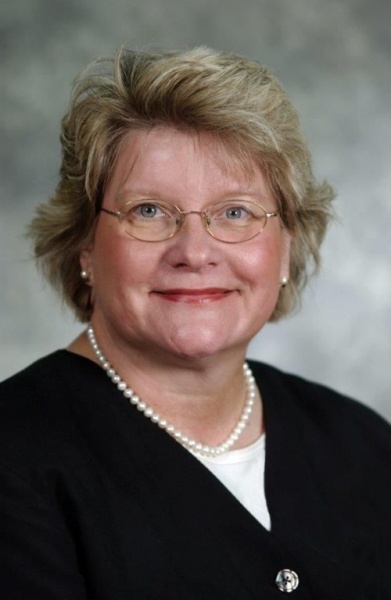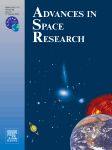—Who "owns" peer reviews?
COPE has published a new discussion document on ‘Who "owns" peer reviews?'. This guidance has been drafted following a COPE Discussion Forum (9 September 2015) and a panel discussion at the COPE North American Seminar (August 2016). A podcast with Pete Binfield, cofounder with Jason Hoyt of PeerJ and Elizabeth Moylan, BioMed Central and COPE council member highlights some of the issues.
While there is increasing acceptance of the need to give recognition to the work peer reviewers do there are a number of issues at stake for all parties involved - authors, reviewers, editors, journals and other stakeholders.
This document aims to stimulate discussion about the issue to help inform the debate and provide guidance where that is needed. We encourage journal editors, reviewers, researchers, institutions, funders, and third party services to comment (whether or not they are COPE members).
Email your comments to us by 31 October
—Ethical Guidelines for Peer Reviewers
COPE would like to update our Ethical Guidelines for Peer Reviewers with your feedback. Last updated in 2013, have a look at our Ethical Guidelines for Peer Reviewers and help us bring the guidelines in line with the current landscape.
The COPE guidelines give peer reviewers the basic principles and standards required. They can be applied to all disciplines. We encourage journal editors, reviewers, researchers, institutions, funders, and third party services to comment (whether or not they are COPE members).
Email your feedback to us by 31 October


 Lack of IRB approval leads to retraction
Lack of IRB approval leads to retraction The natural selection of bad science
The natural selection of bad science PLOS ONE: How many is too many? On the relationship between research productivity and impact
PLOS ONE: How many is too many? On the relationship between research productivity and impact Scientists published climate research under fake names—then they were caught
Scientists published climate research under fake names—then they were caught Government to appoint new members of Karolinska Institute board
Government to appoint new members of Karolinska Institute board Genome editing needs urgent scrutiny says UK ethics group
Genome editing needs urgent scrutiny says UK ethics group US Federal Trade Commission takes an interest in predatory publishers
US Federal Trade Commission takes an interest in predatory publishers